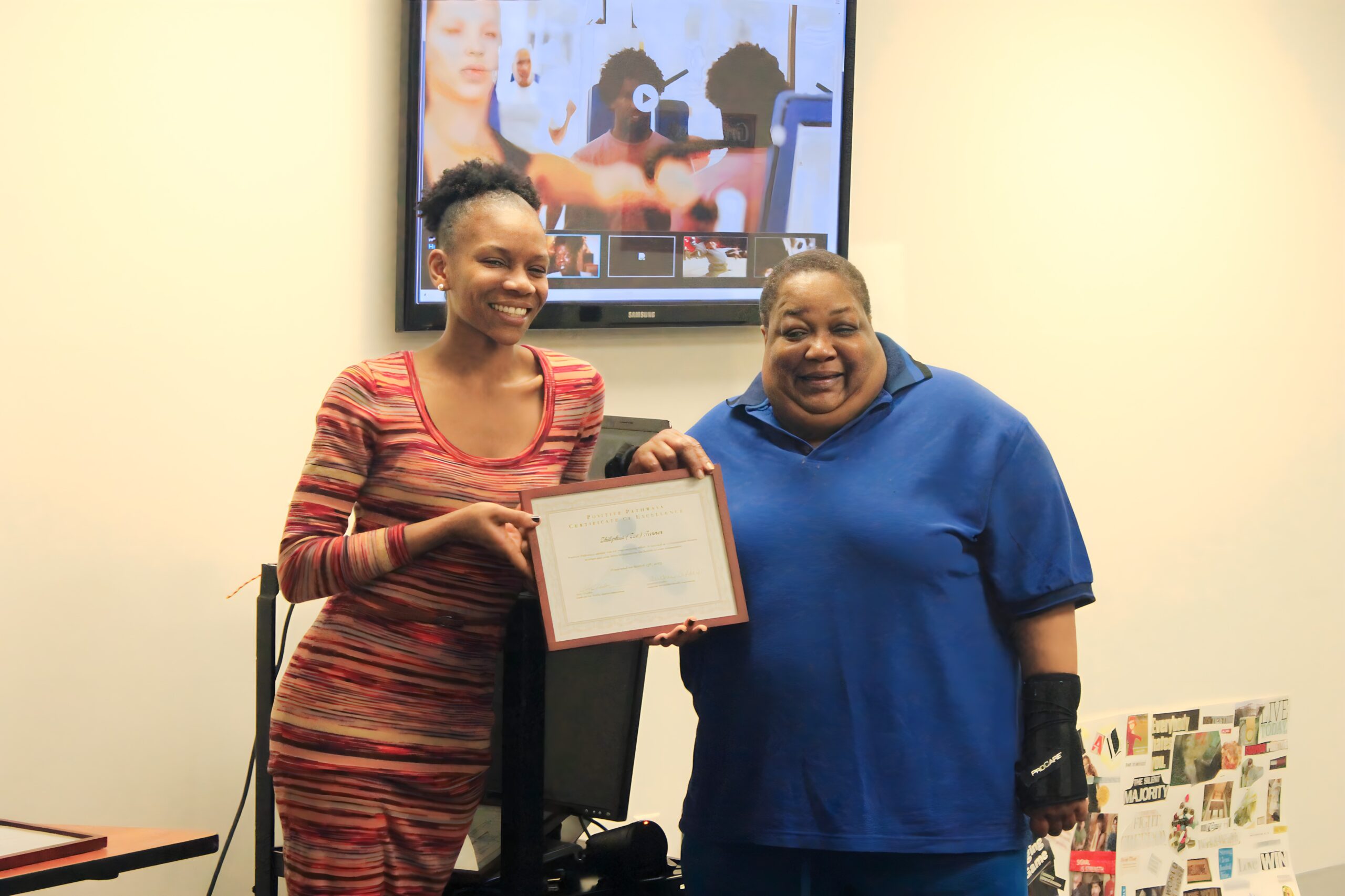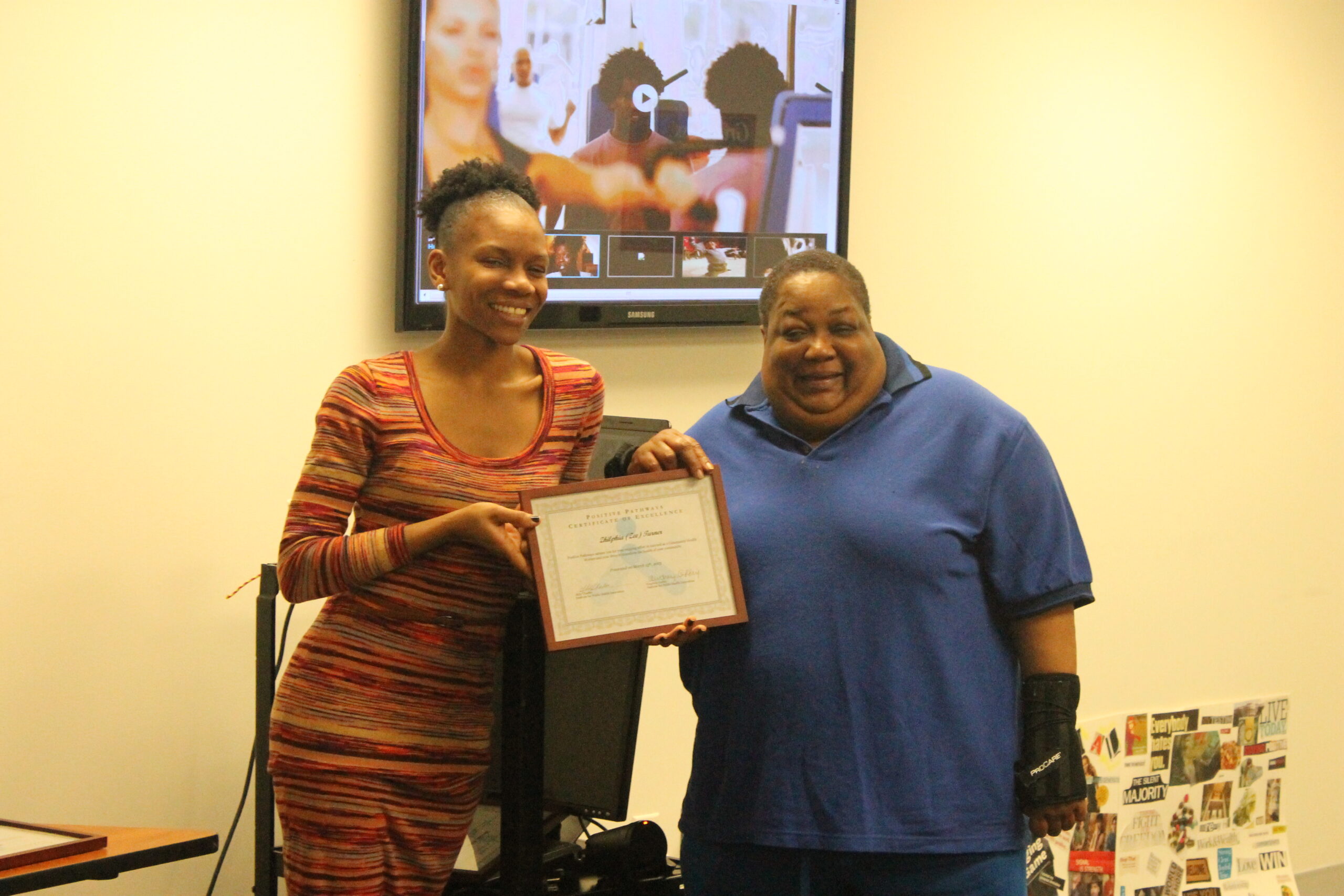
Positive Pathways
Positive Pathways (2011-2015), a collaborative initiative of Washington AIDS Partnership, IPHI, and HIV service providers across the District of Columbia (D.C). and Prince George’s County (PGC), Maryland, assisted over 1,300 HIV-positive African Americans to access and effectively benefit from HIV medical care and other support services.
This is a sunset initiative (no longer active).
AIDS United funded Positive Pathways through a 5-year grant from the Social Innovation Fund, a federal initiative based at the Corporation for National and Community Service. Other funders provided matching funds, including the Consumer Health Foundation, D.C. Department of Health, John Edward Fowler Memorial Foundation, Kaiser Permanente of the Mid-Atlantic States, M∙A∙C AIDS Fund, Morris and Gwendolyn Cafritz Foundation, and World Bank
Watch the Positive Pathways development video below:
Using Trained Peers to Complement Conventional Medical and Outreach Strategies
Positive Pathways established a network of trained peer community health workers (CHWs) who were placed in clinical and non-clinical settings with the goal of identifying and supporting out-of-care HIV-positive individuals. Positive Pathways sites included AmeriHealth Caritas DC, Family & Medical Counseling Services, Whitman-Walker Health, The Women’s Collective, and Unity Health Care, among others. CHWs focused on building peer-based trust and informing individuals about living with HIV, providing personalized assistance to help them enter and navigate service systems, and supporting them throughout the early part of their medical care until they became fully engaged.
Over 75% of Positive Pathways clients were women.
Positive Pathways evaluation results showed that 12 months after enrollment, 78% of participants had a suppressed viral load. The evaluation also showed a reduction in particular reported needs after 12 months in the program. For example, at 12 months, the percentage of program participants needing housing or shelter was cut nearly in half to 13%. Similarly, participants reported reductions in barriers to care at 12 months compared to enrollment. At enrollment, 13% of clients cited no barriers to care, compared to 49% percent of participants after 12 months in the program.
To learn more about Positive Pathways, please contact Program Director Abby Charles at [email protected] or 202.747.3512.
